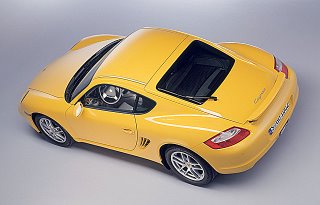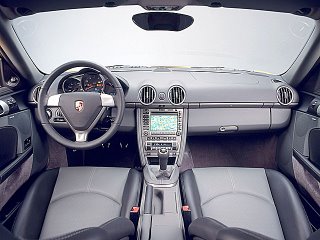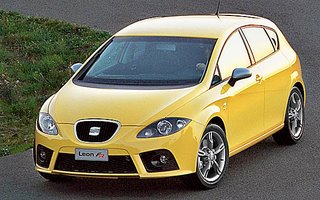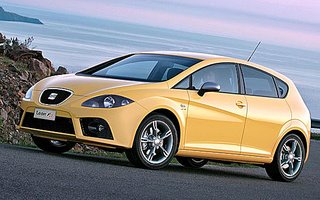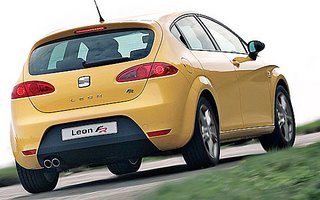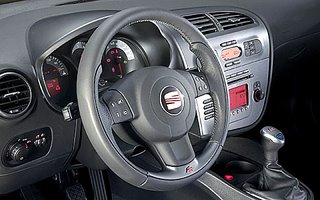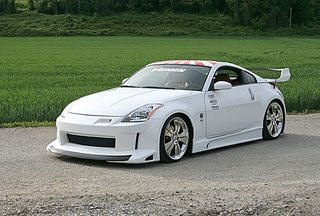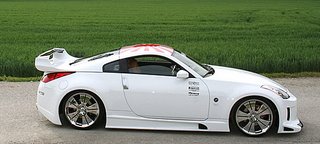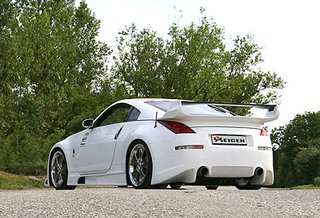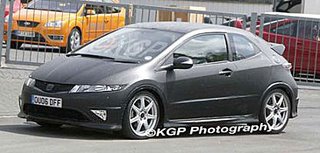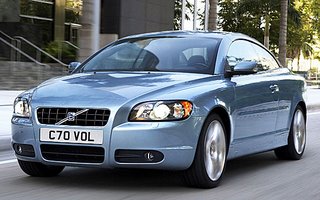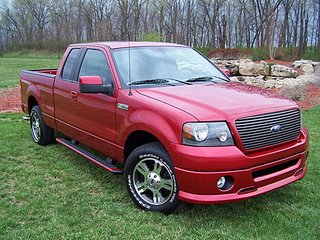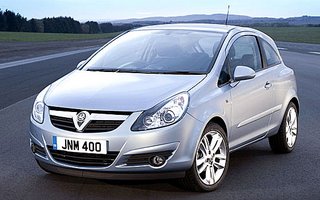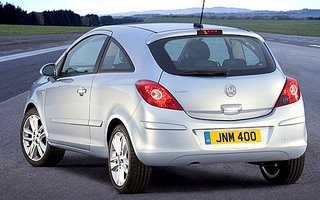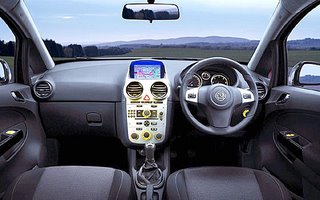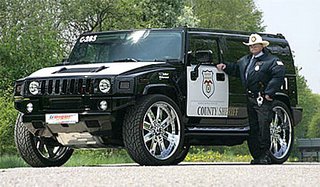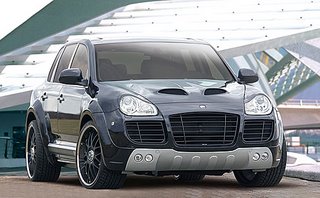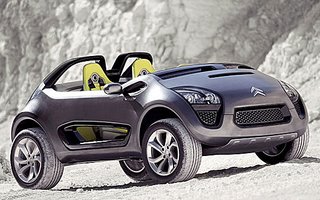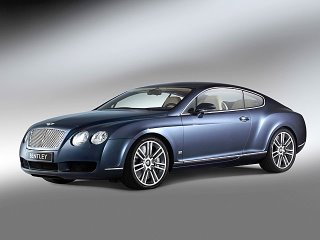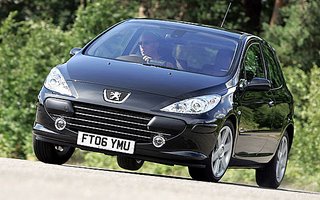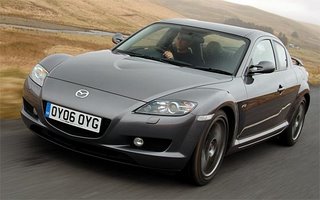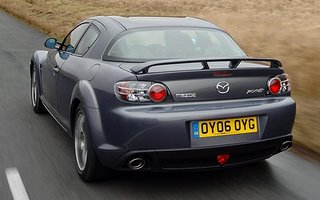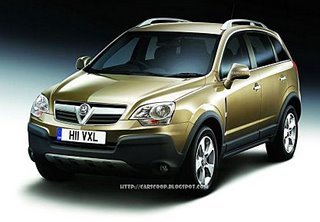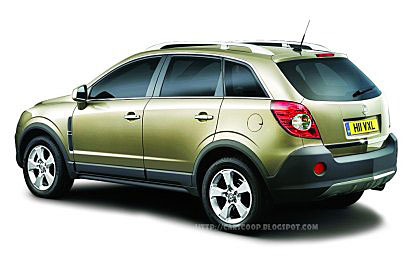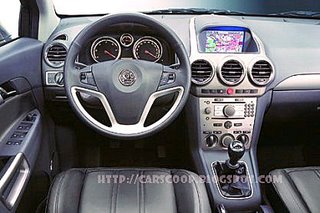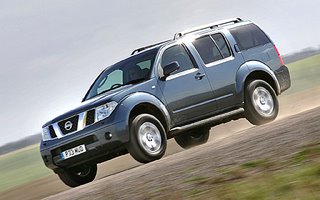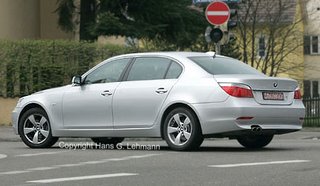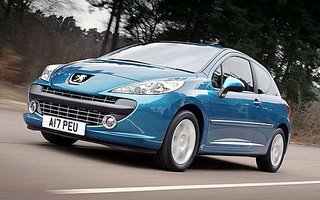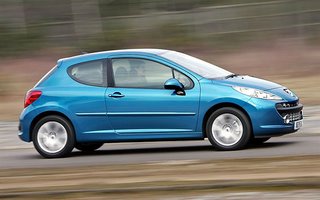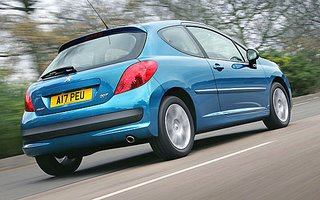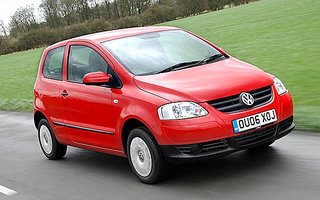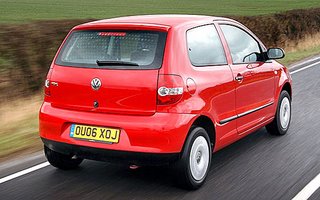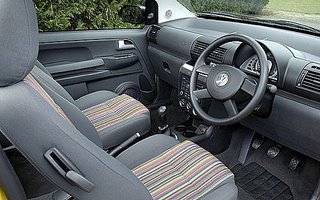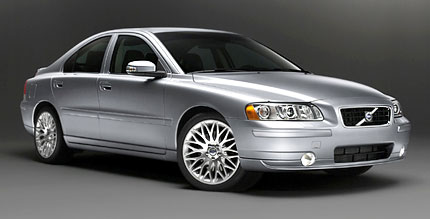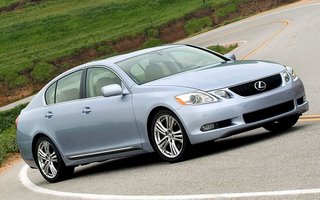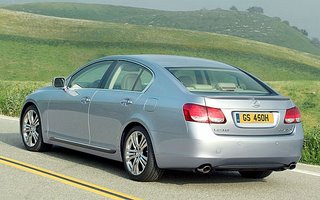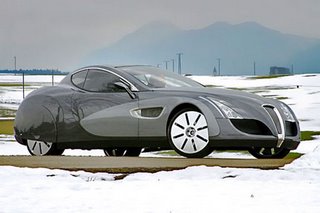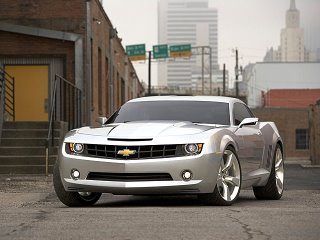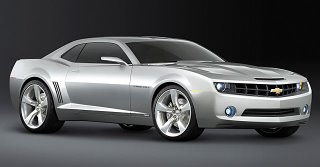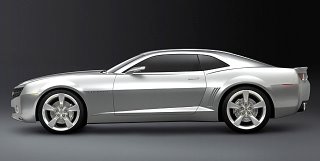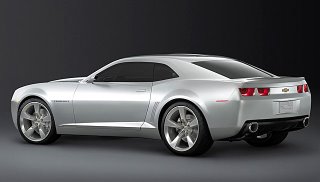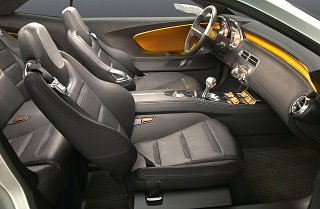Audi of America Inc. is marketing the A3 -- the smallest car in its U.S. lineup -- with a "less is more" message.
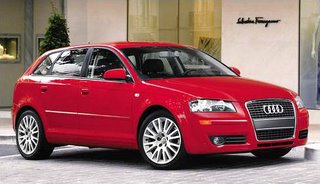 Audi executives cite the sporty touring car's luxury features, cargo space, fuel efficiency and power. In the first three months of 2006, Audi sold 2,347 A3 cars in the United States.
Audi executives cite the sporty touring car's luxury features, cargo space, fuel efficiency and power. In the first three months of 2006, Audi sold 2,347 A3 cars in the United States.
The A3 went on sale in this country in March 2005; for all of last year, the car had 5,389 U.S. sales. The A3 has a base price of $25,460, including shipping.
"This car is about creating a new class of compact luxury in the U.S.," says Stephen Berkov, Audi's marketing director.
"The time has come where (Audi's) values and personality are more relevant than ever before in the marketplace."
Some industry analysts are not ready to declare that a shift to small but expensive -- and profitable -- cars such as the A3 is under way in the United States.
"It could be the wave of the future," says Dan Gorrell, an automotive analyst at Strategic Vision, a consulting firm in San Diego. "It depends on the way manufacturers are executing the vehicles."
A high-end small car must display several qualities to succeed in the United States, Gorrell says. It must be versatile, fun to drive, fulfill its brand identity and look and act like a premium vehicle, he says.
"Pulling all these off is a challenge," Gorrell says. Audi and the Mini USA brand of BMW of North America LLC are doing it right at the near-luxury end of the market, he adds.
Upscale small cars are "a huge part of (automakers') financial pictures," says Tom Libby, senior director of industry analysis at J.D. Power and Associates' Power Information Network.
"They need them to be successful."
If gasoline prices rise to at least $4 a gallon and stay there for a year, that will encourage higher sales of small cars, Libby says. Otherwise, he argues, buyers tend to trade within vehicle segments.
John Mendel, senior vice president of auto operations at American Honda Motor Co. Inc., says spiking gasoline prices do not greatly affect the high-end market.
"If you look at those shopping luxury, they're looking at the whole package," he says.
Many consumers fall "in love emotionally with the style of the car," he adds.
Automakers target affluent younger consumers as buyers of pricey compact cars.
Car companies reach those customers on the Internet and through sponsorship of concerts and other events.
"You have to reach in lots of different places, but the message has to be consistent," says David Berne, director of strategic planning for the RPA advertising agency in Santa Monica, Calif., which handles the Honda and Acura accounts.
"Younger buyers want it all."
Audi spent $15.7 million to advertise the A3 in U.S. media last year, according to TNS Media Intelligence.
Berkov says his company seeks to "create an environment and communicate with people with whom we want to have a relationship ... in a charming way."
Last year, Audi partnered with the American Film Institute to sponsor a competition among young filmmakers to create short movies that featured the A3.
The company also orchestrated an online promotion around the bogus theft of an A3.
© Source: original article on autoweek.com
Read more...
 Yours from £19,995, the Evolution S comes in C180 Kompressor or C220 CDi guises and is fitted with an AMG sports package.
Yours from £19,995, the Evolution S comes in C180 Kompressor or C220 CDi guises and is fitted with an AMG sports package.